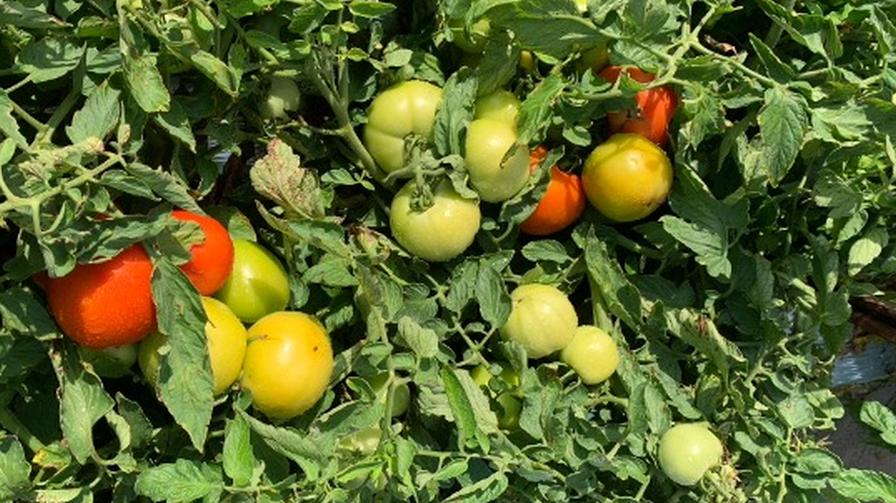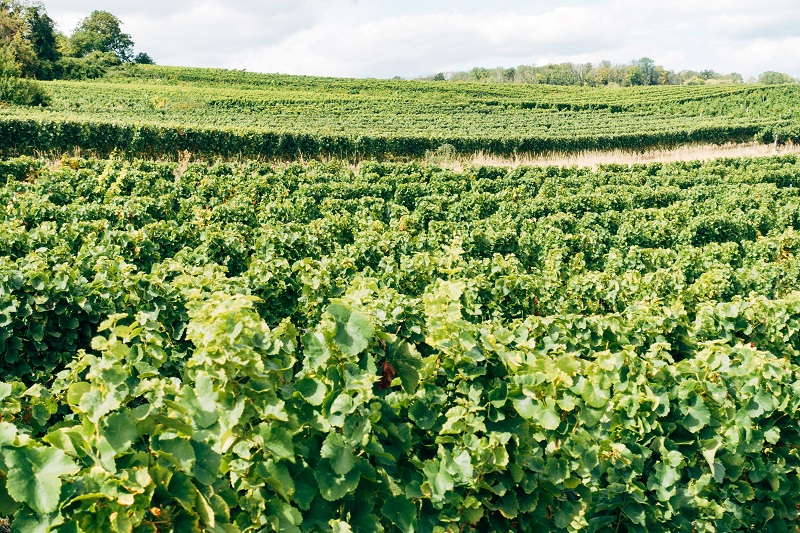Emerging Trends In Insect Control

Earlier this year, Dow AgroSciences announced the federal registration of Closer SC (sulfoxaflor) insecticide (California registration is expected in 2015). The product is designed to offer targeted control of sap-feeding insects in the tree fruit, citrus, vegetable, and tree nut markets. American Fruit Grower recently caught up with Pedro Carlucci, product manager for Closer, and asked him about trends in insect control, and what growers may need to know about using Closer.
Q: What are the biggest pest control issues you see fruit growers dealing with today? These could be either specific pests, or general concerns.
A: Spotted wing drosophila (SWD) has become a serious concern in soft-fleshed fruit such as blueberries, cherries, raspberries, and strawberries. SWD could cause growers to lose their entire fruit load. This is a relatively new pest, though, so research is still being conducted to determine the best course of action. Dow AgroSciences offers two solutions for control of SWD. Delegate is an excellent option in conventional fruit production, while Entrust SC is a great choice in the organic market.
Q: How does Closer fit into a grower’s IPM program?
A: A major component in effective IPM programs is not flaring secondary pests such as aphids. Closer offers control of all species of aphids, including woolly apple and rosy apple aphids. Closer also controls other piercing and sucking insects, such as leafhoppers and plant bugs, while displaying a minimal impact on beneficial insects. These are all important elements in a successful IPM program.
Q: How do you plan on working with and educating growers on the use of Closer, including managing resistance?
A: Managing resistance is critical to maintaining the effectiveness of insecticides. Our team of sales representatives and field scientists is well versed on the importance of rotating modes of action and how our insecticides, including Closer, should be used in cooperation with other available products. Our sales team and product literature are excellent resources in identifying the spray programs that will help reduce insecticide resistance.
Q: As a follow-up to this, do you have any advice for growers on the most effective use of Closer?
A: Closer is unique in that it’s the only Group 4C insecticide labeled in the market, making it a valuable asset in a resistance management program. Closer should be rotated with products of a different chemistry to maintain the effectiveness of the spray program. Growers should not make more than two consecutive applications of Closer per crop and no more than four total applications per crop per year.
Q: Closer is the first in a new line of sulfoximine products coming from Dow? What else is on the horizon?
A: Dow AgroSciences is continuously developing solutions that meet grower needs. Pending federal registration, TwinGuard, a new product that will be introduced in 2014, will target the control of all life stages of whiteflies in cucurbits and fruiting vegetables. Dow AgroSciences also has developed Intrepid Edge insecticide, a new option that we feel will be the future flagship for insect control in tree nuts and grapes. Intrepid Edge will offer fast knockdown and long-lasting control of a broad spectrum of worms present in those crops. Federal registration is anticipated in 2013 and we are anticipating state registration in California in time for the 2014 crop season.
Q: How do you see insect management in fruit and nut orchards changing or evolving in the coming years?
A: The recent evolution of insect management has placed a great focus on selective chemistries, and that evolution will continue in the coming years. Dow AgroSciences and other companies are putting an increased emphasis on developing progressively more selective insecticides. This progression will allow growers to target specific pests while maintaining the natural enemies they need.









